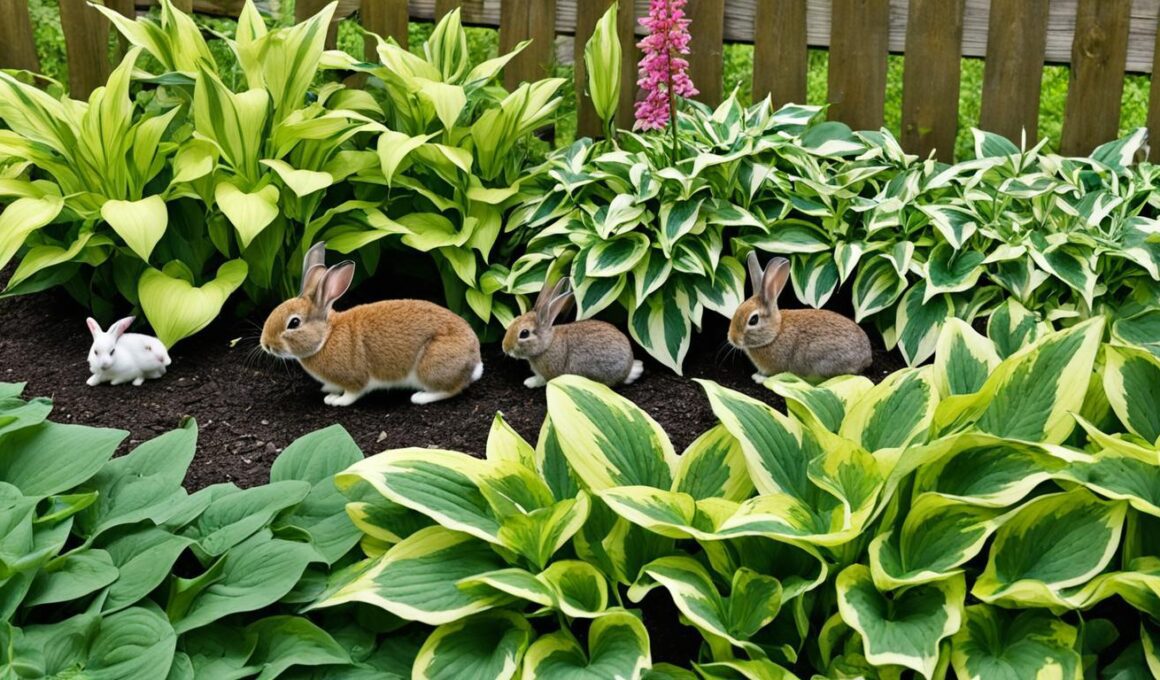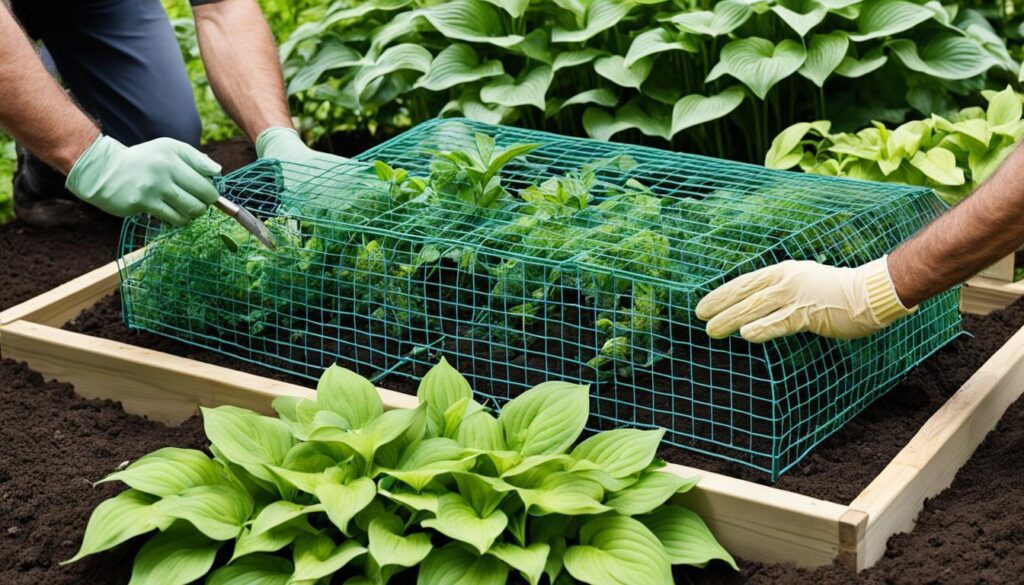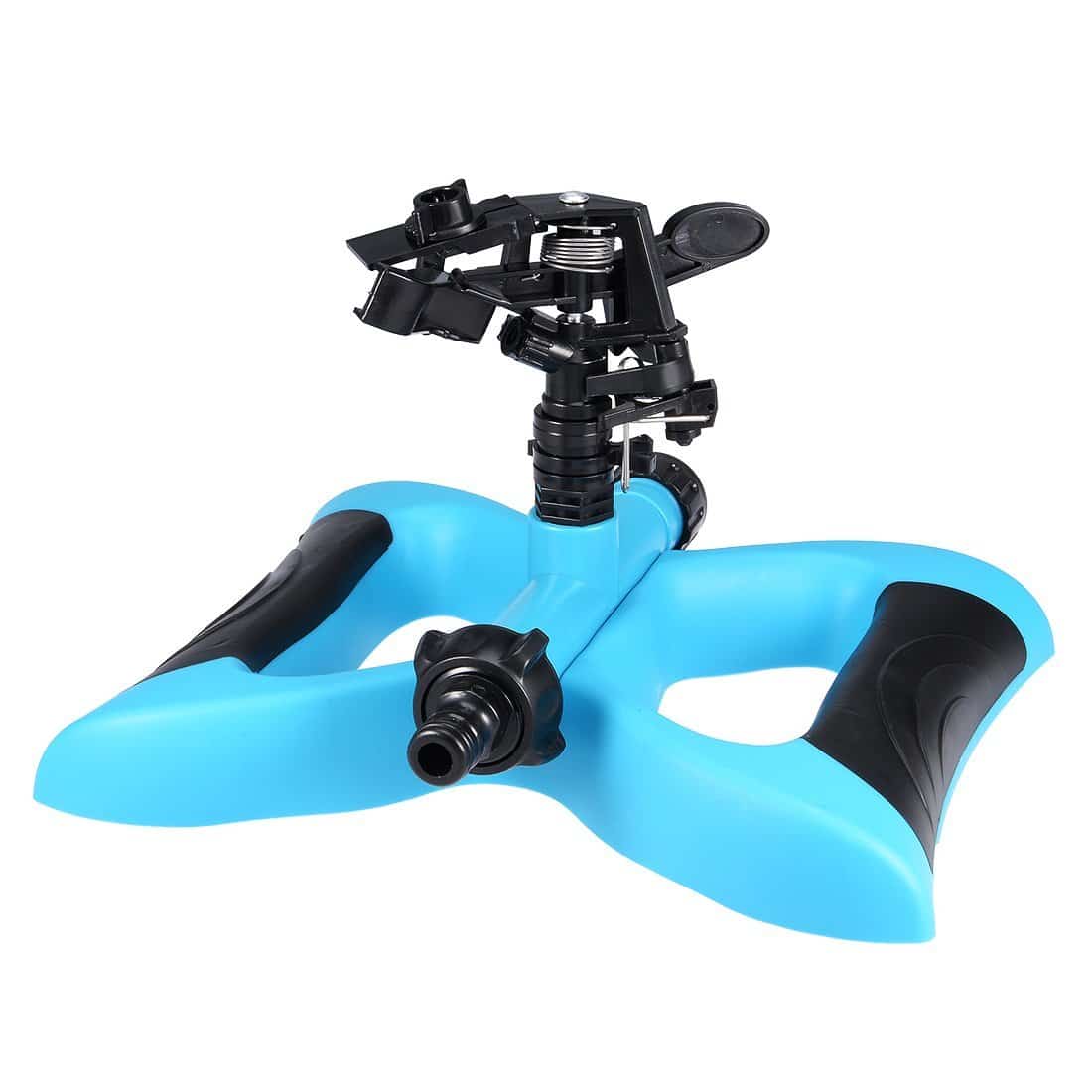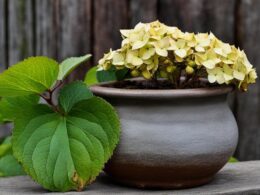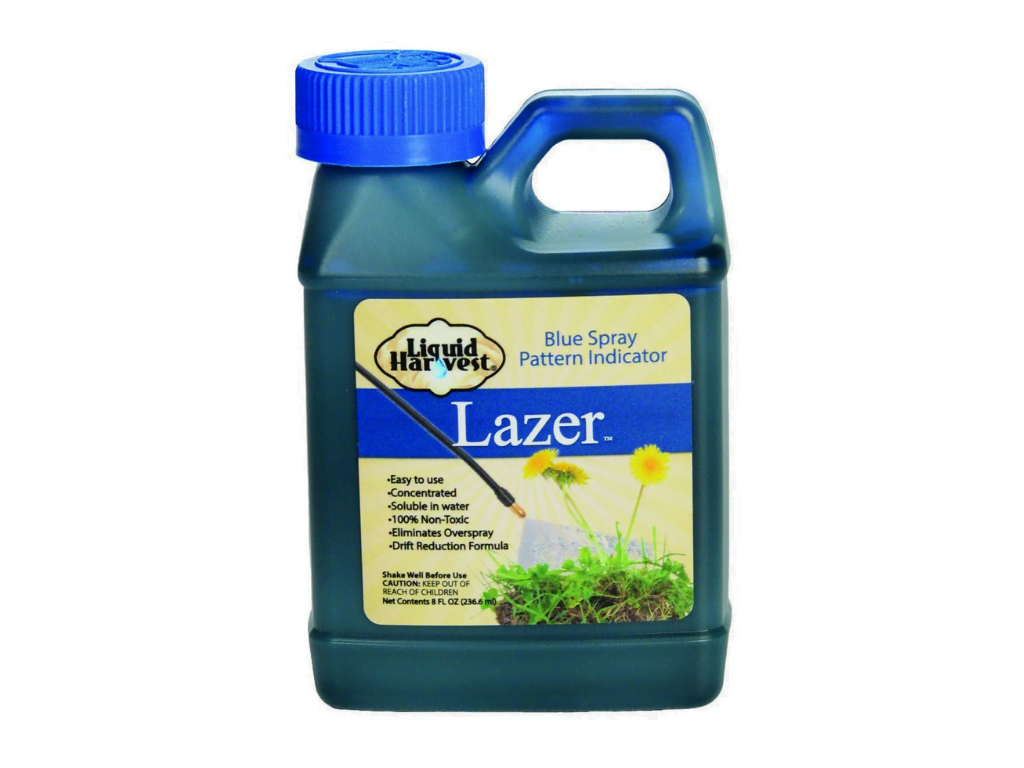Hostas are a favorite food for a variety of animals, including deer, rabbits, squirrels, chipmunks, groundhogs, voles, rats, mice, and even wild turkeys. These animals can cause significant damage to hostas by eating the leaves, stems, and even the roots.
To protect your hostas from these hungry critters, it’s important to understand the wildlife targets hostas and take measures to protect them. In this article, we will explore effective strategies to protect your hostas from animals.
How to Protect Hostas from Animals
When it comes to protecting your beautiful hostas from animals, there are several effective strategies you can implement. By employing these methods, you can help prevent animals from eating your hostas and ensure their continued growth and beauty.
One option to protect your hostas is to use electronic repellents. Ultrasonic devices emit frequencies that deter pests such as deer, mice, and insects. By placing these devices near your hostas, you can create an unappealing environment for wildlife, keeping them at a distance.
Another effective method is the use of chemical repellents. Brands like liquid fence offer products specifically designed to repel deer, rabbits, and other wildlife without causing harm to your hostas. Applying these repellents according to the provided instructions can help prevent animals from feasting on your plants.
Natural deterrents can also be effective in keeping animals away from your hostas. Repelling scents such as garlic, eggs, and predator urine can be periodically applied around your hostas to deter wildlife. Additionally, repelling tastes like rotten eggs, Tabasco sauce, and cayenne pepper can be effective but will need to be reapplied regularly.
Physical barriers are another great option to protect your hostas. Fencing and netting can keep smaller animals like rabbits out of your hosta beds. However, keep in mind that larger animals such as deer may still be able to jump over fences. To further enhance the effectiveness of physical barriers, you can also consider using decoy animals, such as statues or stuffed animals, to deter larger pests.
If all else fails or if you simply prefer a hassle-free approach, you can relocate your hostas to plant containers or raised garden beds. By doing so, you create an environment that animals cannot access, ensuring the safety and beauty of your hostas.
Remember, protecting your hostas from animals requires a combination of strategies. By employing electronic repellents, chemical repellents, natural deterrents, physical barriers, or alternative planting methods, you can effectively deter wildlife from feeding on your precious hostas.
Conclusion
To protect your hostas from animals, it’s important to take proactive measures and implement a combination of strategies. By using a combination of electronic repellents, chemical repellents, natural deterrents, physical barriers, and alternative planting methods, you can prevent animals from devouring your precious hostas.
Electronic repellents, such as ultrasonic devices, emit frequencies that deter pests like deer, mice, and insects. Chemical repellents like liquid fence can effectively repel deer, rabbits, and other pests without harming your hostas. Applying periodic repelling scents like garlic, eggs, or predator urine can also keep animals at bay. Additionally, repelling tastes like rotten eggs, Tabasco sauce, and cayenne pepper can be effective when reapplied regularly.
Physical barriers like fencing and netting can keep smaller animals such as rabbits from accessing your hosta beds. However, larger animals like deer may still be able to jump over the fence. Using decoy animals like statues or stuffed animals can also help deter larger pests. Another option to protect your hostas is to relocate them to plant containers or raised garden beds that animals cannot access.
By implementing these strategies, you can enjoy the beauty of your hostas without worrying about them becoming a tasty snack for wildlife. Take action to safeguard your hostas and preserve their splendor in your garden.
Do Animals that Eat Sunflowers also Eat Hostas?
Yes, animals that eat sunflowers, such as deer and squirrels, may also eat hostas. These animals are known to be omnivorous and will consume a variety of plants, which can include both sunflowers and hostas. It’s important for gardeners to take measures to protect their plants from these animals.





